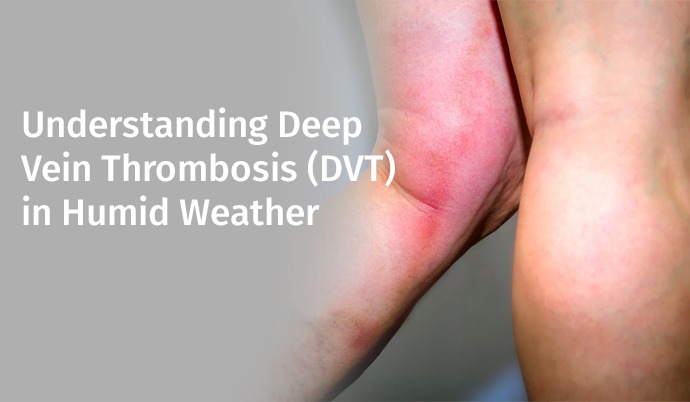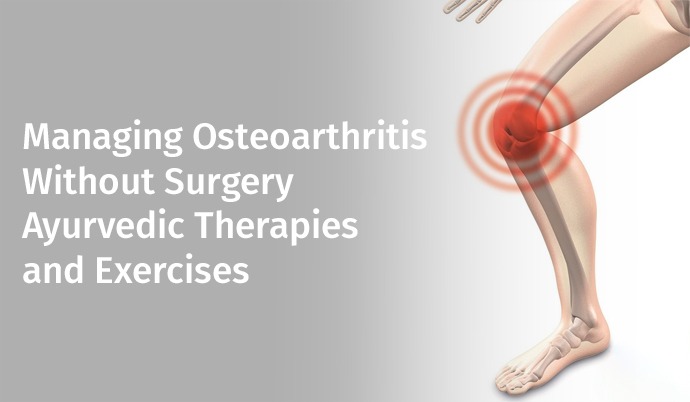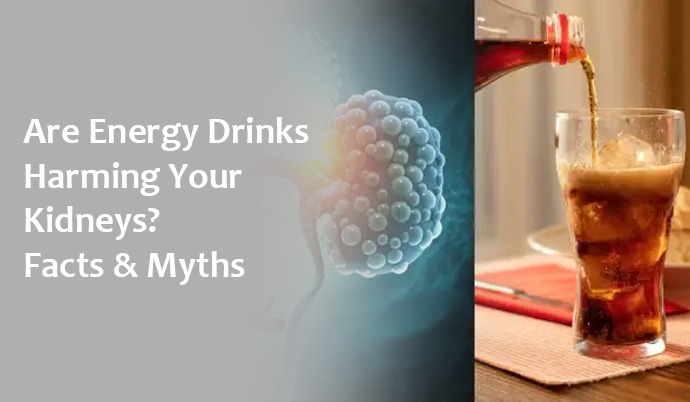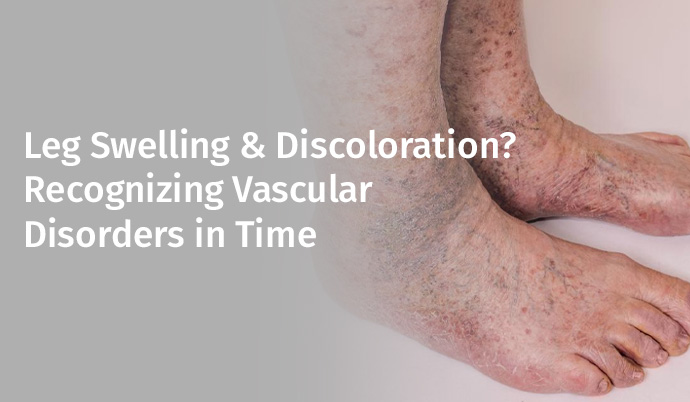
Deep Vein Thrombosis refers to a serious condition in which blood clots develop in a deep vein, most likely legs. It does not always seem like much initially, but when one of those clots gets dislodged and makes its way to the lungs, it might cause a life-threatening condition known as a Pulmonary Embolism (PE). Sounds scary, right? Absolutely. However, this is where the twist comes in; the risk can go up in humid weather, such as the monsoon and summer seasons in India.
Blood and Humidity: What is the Point of Connection?
Humidity does not only play havoc with your hair or mood, but it also messes with your hydration levels and blood circulation.
What are the symptoms of Deep Vein Thrombosis?
It is important to diagnose the symptoms early. Not all DVTs present any signs, but most often, the symptom of Deep Vein Thrombosis is evident on the prominent leg:
In case of developing sudden chest pain, problems with it, or dizziness, call the emergency services as aides immediately, as it might be indicative of pulmonary embolism or deep vein thrombosis complication.
Who are Affected (Particularly in Moist Indian Weather)?
Deep Vein Thrombosis may happen to anybody; however, certain groups of people must be especially careful in hot and sticky months:
The sticky weather of India, particularly in cities such as Delhi, Chennai, Mumbai, and Kolkata, only puts more fuel on the fire. You might be sitting at home in Kochi and riding to office in the heat of Delhi, but it is this awareness that counts when it comes to early-stage DVT symptoms leg.
Prevention Tips
The good news is that Deep Vein Thrombosis is very preventable. Now it is your cheat sheet on how to guard your veins in style:
1. Drink Water as a Part of Your Job
Water is the best friend for your blood. Consume 8 to 10 glasses every day. Add mint, lemon, or cucumber to it to get a refreshing desi detox feel that supports prevention of deep vein thrombosis.
2. Move That Body
Stand and stretch yourself every 1-2 hrs. Make a couple of turns of the ankle, lift the heel or even roam around the room. Spending hours in the chair? Not today, sir. Movement improves circulation and lowers the risk of deep vein thrombosis.
3. Avoid Skin-tight Clothing
In summer or monsoon seasons, wear loose cotton or linen that is breathable. Resist temptation and reserve the skinny jeans for the winter. Your legs must breathe and circulate, avoiding any factor that could cause deep vein thrombosis.
4. Travel Smart
On a long journey, particularly the flight, wear compression stockings, avoid crossing the legs, and move. Drink water, do not drink alcohol, and use alarms to move to prevent deep vein thrombosis and avoid early stage DVT symptoms leg from developing unnoticed.
5. Consult a Specialist (in case of risk)
In case of any predisposing condition, discuss with your doctor preventive blood thinners or low-dose aspirin (only when medically recommended) to lower your deep vein thrombosis risk.
The Ayurveda Link
Ayurveda has faith in the good circulation of the blood, or the so-called rakta sanchaar. Although it is no alternative to medical care, consuming garlic, turmeric, ginger, and fennel may help with healthy circulation between meals, as they are the natural blood movers and may support the prevention of deep vein thrombosis.
Sir Ganga Ram Hospital excels at providing care and treatment for Deep Vein Thrombosis treatment through modern facilities and carrying out treatment on a patient with compassion in mind. The hospital is supported with modern ultrasound imaging tools, latest imaging equipment and a team of trained vascular surgeons, cardiologists and haematologists who, in addition to accurately diagnosing deep vein thrombosis, take definite action in time. The deep vein thrombosis treatment plan for this DVT management is the customisation of treatment based on the severity of the condition, which is categorised into anticoagulant therapy and minimally invasive thrombectomies. The hospital is unique in the sense that it is integrated, multidisciplinary, in that lifestyle counselling, preventive education and follow-ups are intertwined with medical interventions. This ranges through patients who have been treated after the surgery and those who have chronic conditions or any genetic susceptibility, as the Sir Ganga Ram Hospital boasts of world-class services, made according to one risk profile. The hospital is accruing more than 70 years of medical excellence, and it is not simply treating blood clots, but rather, circulating confidence and quality of life.
In India, humid days are not sticky; they are suffocating. It is clammy, and the body gets weary and sluggish. In this stillness, however, there is something we tend to overlook, and that is just how our blood can also start to cool off, distressingly, but ever so silently.
Deep Vein Thrombosis is not only a disease, but a silent invader. Or one that can hit us when we thought we were safe: when we are having a relaxing nap, when we are on an interminable train ride, when we are having a sedentary weekend snuggling by the cooler. That is what you can stop, though, to a great extent.
It is simple to minimise the risk and carry on with your future by just drinking the necessary amount of water, taking little walks in between binge-watching Netflix, wearing loose clothes instead of tight jeans, and remaining conscious of the early-stage DVT symptoms legs are showing.
And when you do feel constant swelling, warmth, and pain in your legs without a determining cause, don't wait; discuss it with your doctor and book an appointment at Sir Ganga Ram Hospital Department of Vascular and Endovascular Surgery today. Because catching the disease early can save lives.
In case you have a family history, you have just undergone surgery, or you are a new mother who is still learning to live after giving birth, this awareness is even more essential. And when you do feel constant swelling, warmth and pain in your legs without a determining cause, don't wait; discuss it with your doctor and book an appointment at Sir Ganga Ram Hospital today. Because catching the disease early can save lives. Since your body is not only a chalice but a place where there is a beating heart, dreams that have not flowered yet, and memories that have not grown yet. Do not let a silent clot rob you of any of that. Stay hydrated, stay moving and grapple with your self-rhythm to beat deep vein thrombosis and recognise early-stage DVT symptoms legs early on.




